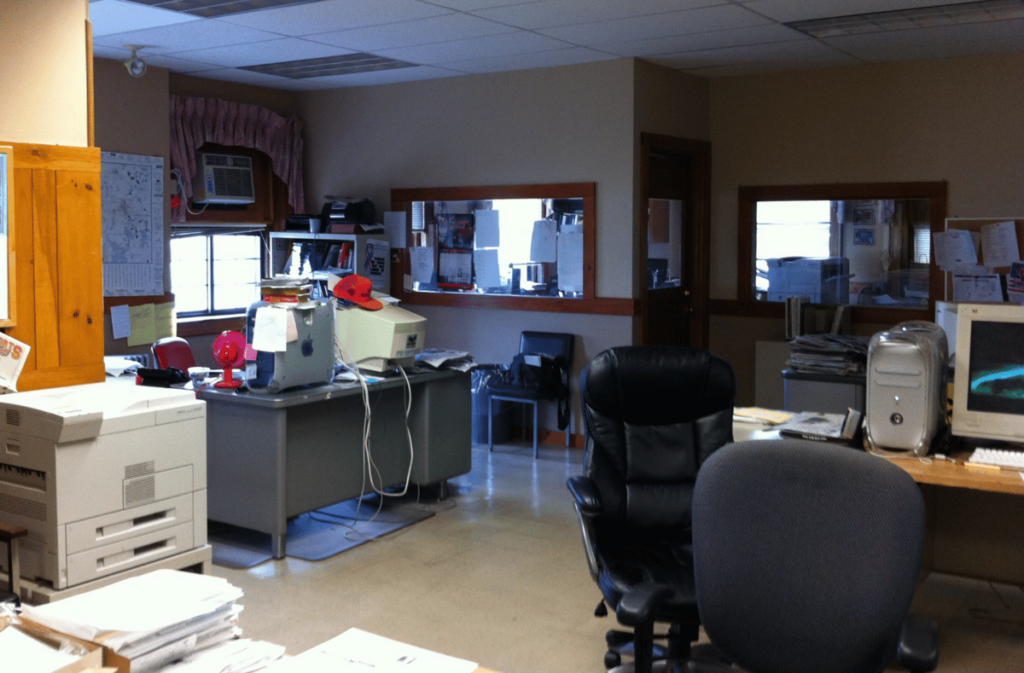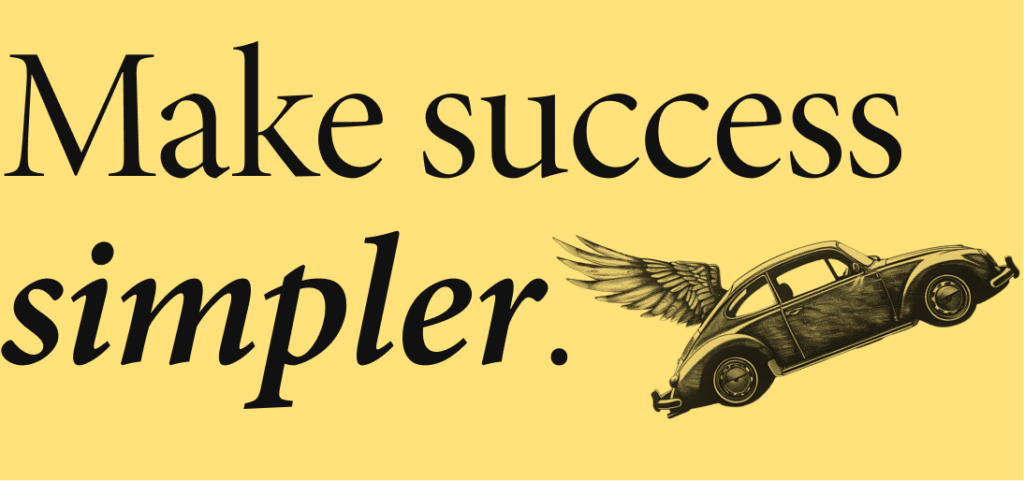Welcome to One Thing Better. Each week, the editor in chief of Entrepreneur magazine (that’s me) shares one way to level up — and build a career or company you love.
Today’s one thing: What you regret.
One thing better: Separate what you needed then… from what you need now.
You have regrets.
We all do. The path we didn’t take, the things we didn’t try. But here’s the problem: Those regrets hold us back.
Why? Because they make us feel powerless. We think things like: I’d be so much further ahead today, if only I made a better choice yesterday. And when we think that way, we’re stuck. Because we’re anchoring our future to our past. And we can’t change our past.
Today, I’ll help you break that cycle. You can make peace with your regrets — and then confidently move forward from them.
And to bring it all to life, I’ll start with a very personal, Sliding Doors-style story: It’s about a former colleague who regrets his career decisions and, decades later, came to me asking for advice.
What happened next hopefully changed everything.
Regrets, 20 years in the making.
Have you ever watched a former colleague’s career, and wished you’d made the decisions they did? For the past 20 years, someone has done that with me. I had no idea — until just a few weeks ago.
To appreciate this, let’s go back in time.

It is 2002, and I just graduated college and took a job at a tiny Massachusetts newspaper called The Gardner News. (I had that desk on the left.) The star reporter was named Shawn — a local guy who was well-connected and cared about his community.
I liked Shawn and we worked well together, but we didn’t have a lot in common. I was from out of town, didn’t like the job, and was eager to leave. Eventually our boss sent me a nasty note (which I shared in this newsletter!), and I quit.
Shawn stayed a while, but needed to make more money. (I made $20,000 a year; I assume he did too.) So he left to become a police dispatcher. That was interesting but not satisfying, so he became a teacher. That was grueling, and his school gave him no support, so he became a paralegal. Now he’s doing work he finds interesting, but he makes $26/hour — and as a guy in his 40s, he now feels like he hasn’t fulfilled his ambitions and isn’t making the kind of money he should.
So he emailed me, telling me he’s followed my work for the past 20 years — and he asked for advice.
“How did we end up in such different places?” he said. “That’s not to say your way is much better than my way, or that I’m unsuccessful, but there are things that I wish maybe I would’ve done differently. So my question is now: How could I catch up?”
As you can imagine, this was incredibly humbling. I had no idea Shawn followed my work. And I wanted to help. So I invited him onto my podcast Help Wanted, where my cohost Nicole Lapin and I could dig into his problem.
How to make peace with what you regret.
As Shawn, Nicole, and I talked — and you can hear the whole thing here — Shawn revealed three really interesting things:
First, he’s enjoyed all his jobs. And he took them all for good reasons. He loves his community, and he loves helping and teaching people.
Second, he operated out of fear and insecurity. That’s by his own admission. Rather than researching his next career moves, he’d just think of something new to do and then throw himself at it — with no idea of how to succeed, or how it paid.
Third, he didn’t always think about money. Now he does. And it eats at him.
Once we understood this, Nicole made an incredibly powerful point. If you want to find purpose in your regrets, then this right here is the insight you must absorb. Please read closely:
NICOLE: You are looking back at yourself, somehow beating yourself up, which you shouldn’t at all. You’ve had a very colored career that, every step of the way, sounds like you were really passionate about. So you are judging yourself by something you didn’t optimize for at the time. You’re being too hard on yourself for that. Like, throughout your career, it sounds like you didn’t optimize for money, right?
SHAWN: Right.
NICOLE: But now you’re looking back and you’re saying, “Well, I wasn’t successful because I didn’t make a lot of money.” But that wasn’t the driving force of your moves.
SHAWN: That’s true.
NICOLE: You’re judging yourself by metrics you didn’t even know at the time. That’s not fair to Shawn. Let’s be nicer to Shawn.
Catch that?
You’re judging yourself by metrics you didn’t even know at the time.
That’s the real gap we need to close.
Everything is relative, and that’s OK.
Shawn thinks I made good decisions, and that he made bad ones.
But you know what I think about my decisions? I think I made a lot of bad decisions too. I wasted a lot of time, both in my career and personal life. I could have taken more risks. I could have acted more boldly.
I regret a lot of that. But I’ve come to tell myself a story, which goes like this: “Those were the best decisions I could make, given what I knew or felt at the time.”
It isn’t a question of whether yesterday’s decisions line up with today’s priorities. That’s impossible! Yesterday’s decisions were driven by yesterday’s desires, or at least yesterday’s capabilities. If we passed on an opportunity, it was because we hadn’t learned to be bold enough yet. If we trusted the wrong person, it’s because they appealed to what we needed back then.
Maybe we were wrong. But we did our best.
So instead of beating yourself up over the past, think of it as a resource to use today. Ask yourself two questions:
1. What did I learn from what I regret? Because I guarantee you, every experience produced an insight or skill.
2. What do I do now, using whatever I have? Because yesterday is still useful to you.
That’s what I thought about for Shawn. He’s happy as a paralegal but wishes he could make more money, and so I started to think: Well, how do we put his old experiences to new use?
Then the answer was obvious.
Many lawyers are bad writers. It’s why law firms often offer writing classes. And now here’s Shawn: He’s inside a law firm, and he has a background as both a professional writer and teacher! He could develop a writing program to help his firm’s lawyers, and therefore improve his value to the firm.
Once I suggested it, Shawn lit up. His law firm is part of an organization that hosts seminars for other lawyers. He said he could picture himself presenting some new services. He asked me to follow up in a month, to keep him accountable. I said I’d be happy to.
Your regrets were not mistakes. They were decisions made at a time in which you valued different things, or had different abilities than you do today. Now things are different. You have new goals. New values. New strengths. Good! Run with them! Run with everything you’ve got, which includes everything you got from everything you regret.
And that’s how to do one thing better.
